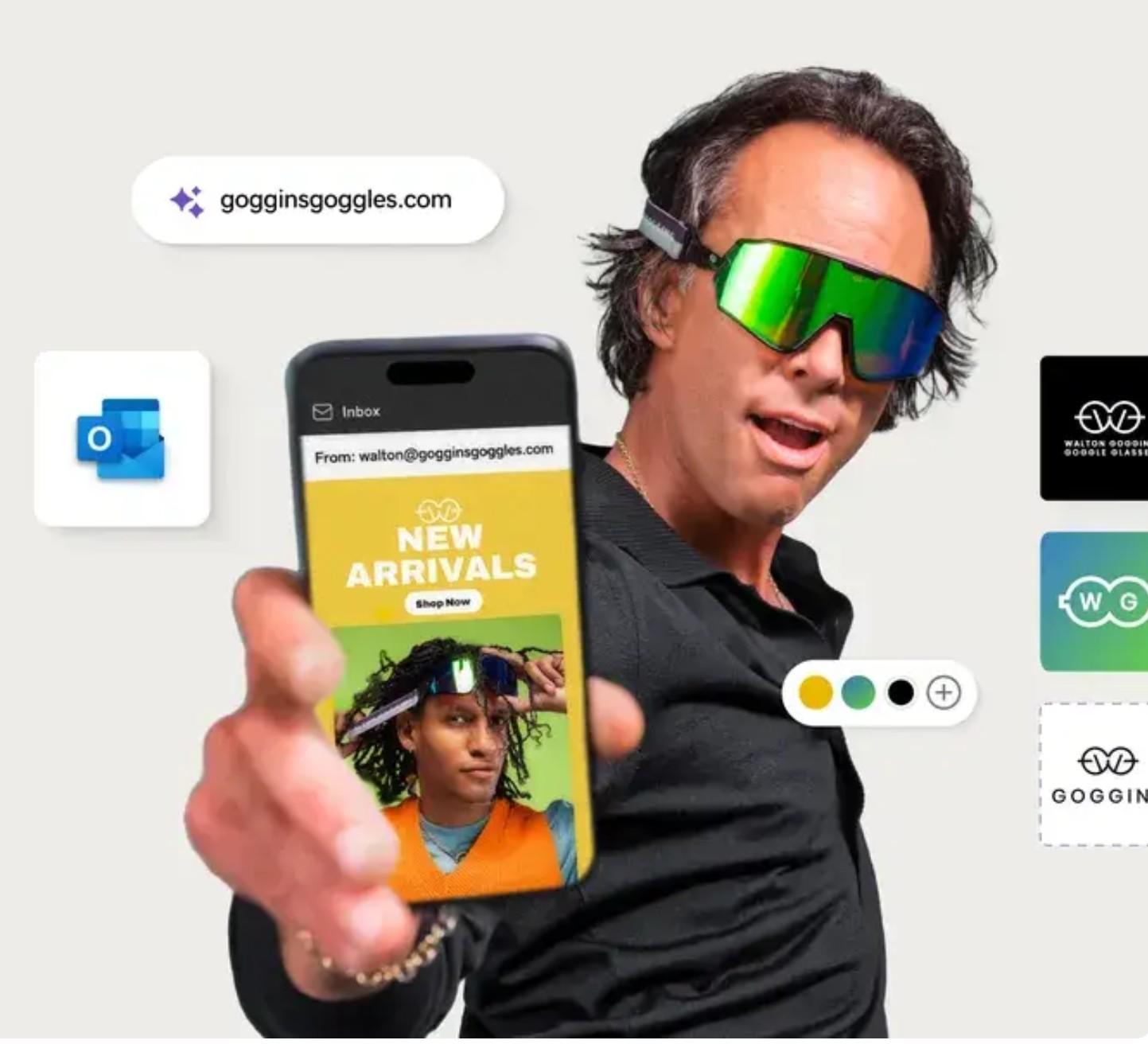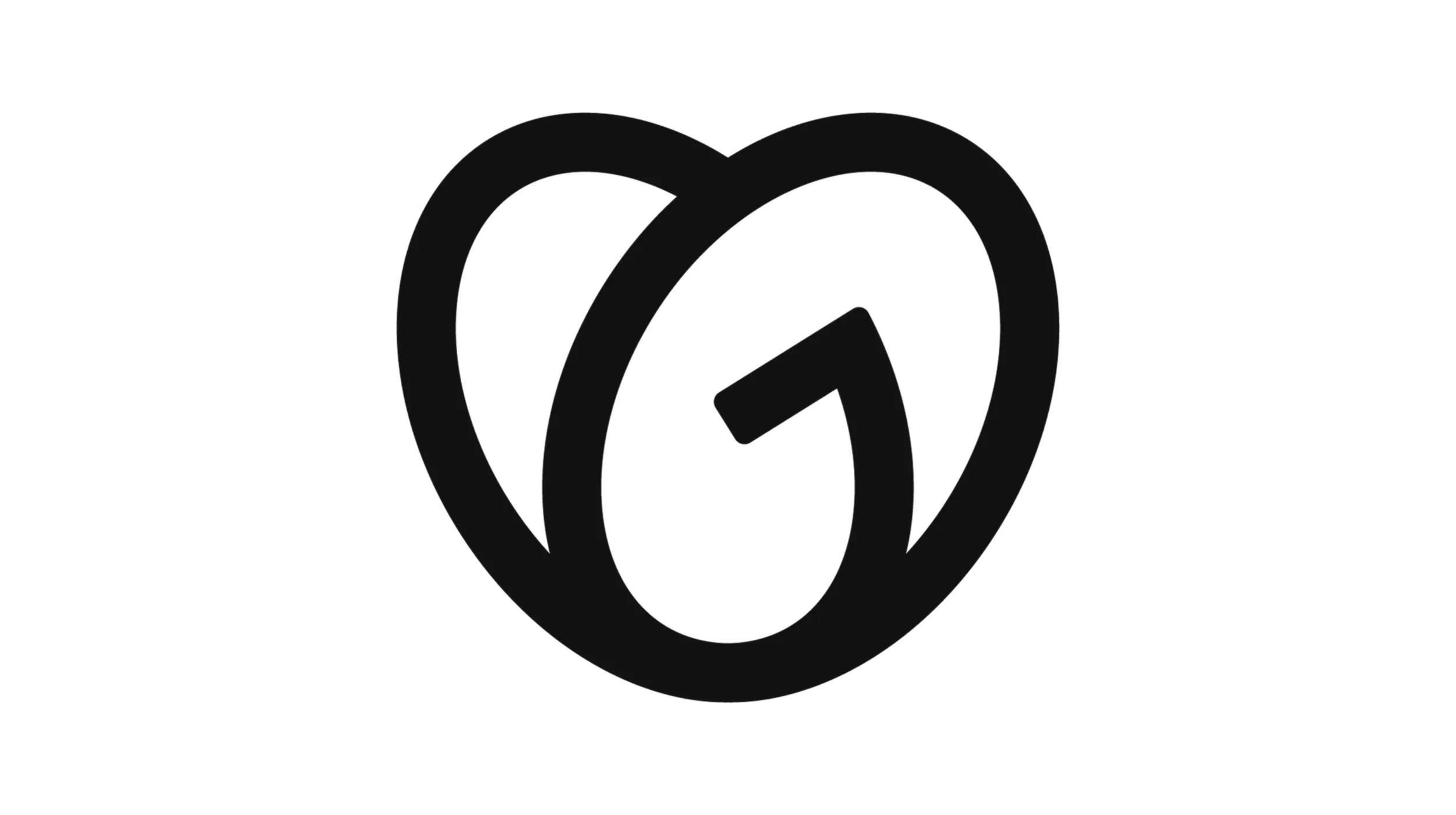As small businesses in a world of increasingly conscious consumers, we are judged by the company we keep. This includes our suppliers, website hosts, the retail brick-and-mortar shops we sell our products in, the news sites our products appear on, and where we buy advertising. In the wake of the Facebook privacy scandal, many people are justifiably suspicious of the security of their personal information. En masse, individuals and companies are deciding to delete their Facebook presence because of privacy concerns, and some companies have decided to pull their advertising.
But where does this leave us, the small business owners who might be depending on the traffic from Facebook to fuel our growing business? Well, it leaves us in a tough spot.
On one hand, customers are important, and advertising on Facebook brings a lot of customers (for many of us). On the other hand, that advertising means you support Facebook privacy practices. If you’re passionate about privacy, this might mean you’re reconsidering your relationship with Facebook.

Facebook privacy: What’s the situation?
Facebook privacy concerns took center stage when it was reported that Cambridge Analytica, according to The New York Times, “harvested private information from the Facebook profiles of more than 50 million users without their permission … making it one of the largest data leaks in the social network’s history. The breach allowed the company to exploit the private social media activity of a huge swath of the American electorate, developing techniques that underpinned its work on President Trump’s campaign in 2016.”
The problem exposed by the Cambridge Analytica scandal — what we could consider the canary in the coal mine — is the privacy complications that piggyback some of its tools for software developers, specifically around some web apps. Many of these apps allow users to log in with their Facebook account instead of creating new credentials. It’s so easy, right?
Not so fast.
As Kurt Wagner explains in Recode:
“When people use Facebook Login, though, they grant the app’s developer a range of information from their Facebook profile — things like their name, location, email or friends list. This is what happened in 2015, when a Cambridge University professor named Dr. Aleksandr Kogan created an app called “thisisyourdigitallife” that utilized Facebook’s login feature. Some 270,000 people used Facebook Login to create accounts and thus opted in to share personal profile data with Kogan.”
He later shared the data with Cambridge Analytica — and we know what happened next.
- To download the information that Facebook has about you, go to your Settings page and click “Download a copy of your Facebook data.”
- Find out if you or any of your friends accepted the app and shared your personal data.
This is an evolving and developing story. Facebook has already made big changes to its privacy tools. It’s difficult to keep up with every piece of news on this issue, so keep an eye on the news and see what socially conscious companies are doing.
Should you continue advertising on Facebook?
If you’re a small business owner who advertises on Facebook, you might be not be sure if you should keep advertising on the platform.
First, evaluate your own feelings
It’s important to stay true to your own moral compass. If you have misgivings about Facebook privacy practices, you’ll be paying them money to show your message, plain and simple. That means that on some level, you’re supporting their business practices. But don’t think this is limited to Facebook! Google has more information on you than Facebook does.
Online advertising, as a whole, only works because of companies’ ability to target — and that means using what they know about people for targeting.
Buying advertising online means using people’s private data to target them. But if your competitors are doing it, you might feel like you need to stay competitive and, in order to do that, you have to use online advertising. After all, online advertising is much more cost efficient than print and radio advertising, and for small businesses, that’s very important!
It’s a complex trade-off.
At Outlaw Soaps, we decided to pull our advertising until we could inform ourselves about the breach, and figure out if Facebook was taking what we felt like were needed changes to data collection and privacy settings. Ultimately, we decided that the privacy changes were movements in the right direction enough to justify returning to Facebook.
How can this affect your brand?
Remember how I talked about the company you keep? Your customers get impressions about your brand based on the context in which they see you and your company in. So even if you don’t personally have problems with Facebook, it’s possible that your customers do, and your decisions about advertising on Facebook could tarnish your business’s reputation in their eyes. On the other hand, your customers might just not care.
Think about your ideal customer and what they think about Facebook.
On one hand, they might have opted out of Facebook entirely, which would mean they wouldn’t see your ads at all. On the other hand, they might be consciously and cautiously using Facebook, and might come to some conclusions about your brand based on your appearance there.
Think carefully about how your company appears in the eyes of your ideal customer.
You’re never going to appeal to everyone, but your goal is to be in front of people where they want to see you. If this means on Facebook, then investing your advertising budget and time on Facebook ads is a wise choice. If they’re out looking for your type of product in cute stores, your time and money would be better invested appealing to store owners. It’s all about context and what you’re hoping to achieve from your ads.
Make the best decisions you can
There will never be a right decision that works all the time, for all situations. As small business owners, a lot of what we do is just making the best decision we can, given our understanding of things at the time. Until Facebook privacy concerns came to light in a big way with the Cambridge Analytica scandal, most of us were unaware of the depth and breadth of Facebook’s “profile” on its users. Now, we know differently, and with that different knowledge, we get to make different decisions.
The best we can do is to stay informed about the business landscape, and make informed decisions that align with our values, and the values of our customers.






